Kitchen: Diana Now this lady is the most SWEETEST lady in the world ! I left and came back to rehab, and she looked at me and was like "where you just here!" and I said "yes"{ kind of embarrassed} cause she noticed me , and told me welcome back ! with a smile I felt welcomed ...
About River Oaks Treatment Center
Their program can last as short as 7 days to more than 60 days. It starts with detox, where you’ll be in the Riverview facility, a short distance from the main center in Tampa. There’s medication assisted treatment to help with opioid or alcohol cravings, which reduces the chance of relapse during treatment.
The inpatient program has customized treatment plans for each client. You’ll have a variety of group and individual therapy sessions. There’s also art, music, recreational, and even exercise activities to strengthen your body and mind. There are also the traditional 12 Step programs and educational workshops.
After your inpatient care ends, you can descale to partial hospitalization, which is a day program that requires 3 hours per weekday. There’s also an intensive outpatient program that meets three hours per day, three days per week, including evenings and online.
There’re also dedicated support tracks for veterans, the LGBTQ+ community, professionals, and first responders. That way, you’ll get the treatment that best fits your needs, and you’ll be with your peers for support.
Latest Reviews
Rehab Score
Gallery
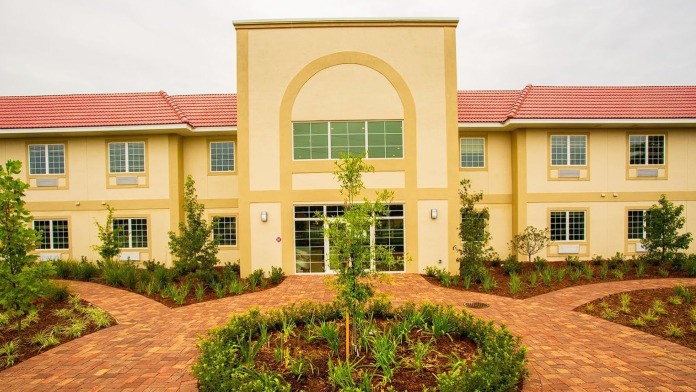
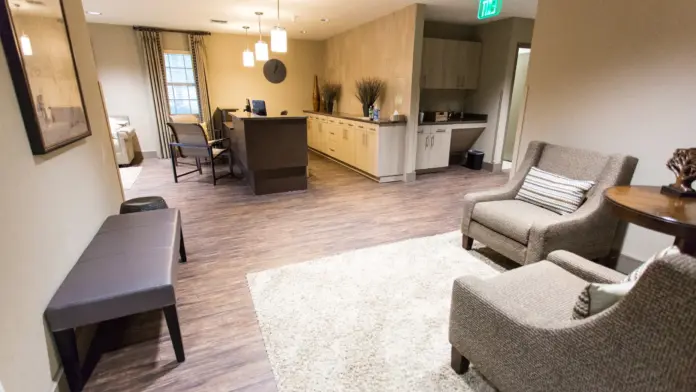

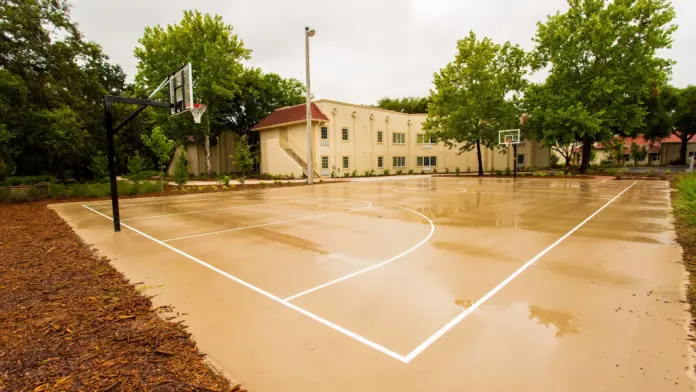
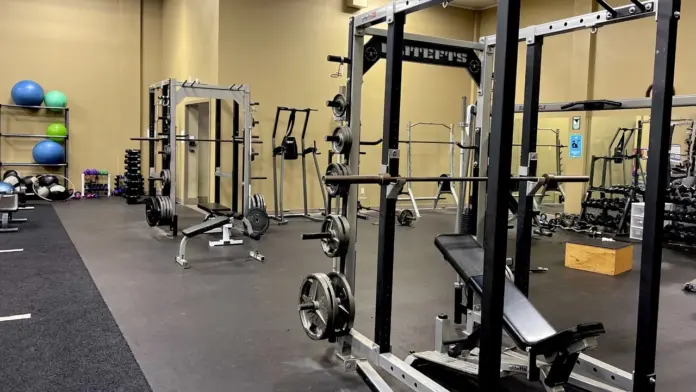
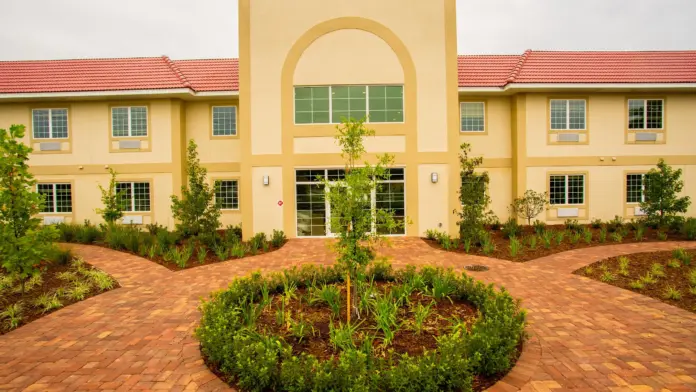
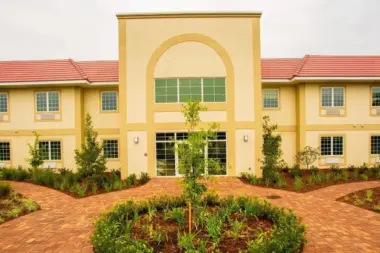
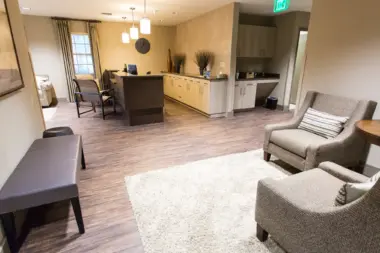
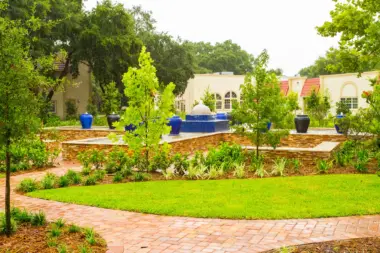
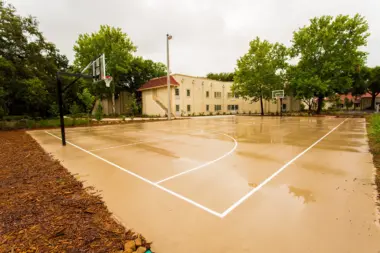
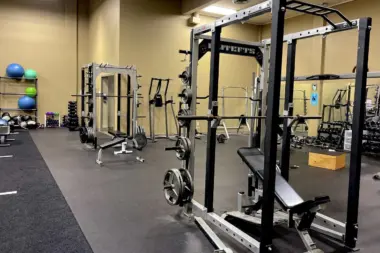
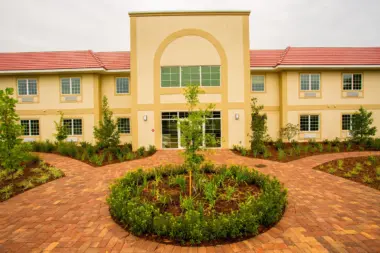
Other Forms of Payment
Private insurance refers to any kind of healthcare coverage that isn't from the state or federal government. This includes individual and family plans offered by an employer or purchased from the Insurance Marketplace. Every plan will have different requirements and out of pocket costs so be sure to get the full details before you start treatment.
Self-pay involves paying for treatment out of your own pocket. You can use savings or credit, get a personal loan, or receive help from family and friends to fund your treatment. If you don't have insurance or your insurance plan doesn't cover a specific program, self-pay can help ensure you still get the care you need.
Medicare is a federal program that provides health insurance for those 65 and older. It also serves people under 65 with chronic and disabling health challenges. To use Medicare for addiction treatment you need to find a program that accepts Medicare and is in network with your plan. Out of pocket costs and preauthorization requirements vary, so always check with your provider.
Medicaid is a state based program that helps lower-income individuals and families pay for healthcare. Medicaid covers addiction treatment so those enrolled can use their coverage to pay for rehab. When a program accepts Medicaid the client often pays very little or nothing out of their own pocket.
Military members, veterans, and eligible dependents have access to specific insurance programs that help them get the care they need. TRICARE and VA insurance can help you access low cost or no cost addiction and mental health treatment. Programs that accept military insurance often have targeted treatment focused on the unique challenges military members, veterans, and their families face.
Addiction Treatments
Levels of Care
InRiver Oaks' Residential Treatment (RT) program, the client resides at our facility and receives 24/7 staff supervision. The client participates in his or her treatment plan of individual therapy, group sessions, addiction therapy groups, and other therapeutic activities.
Outpatient Programs (OP) are for those seeking mental rehab or drug rehab, but who also stay at home every night. The main difference between outpatient treatment (OP) and intensive outpatient treatment (IOP) lies in the amount of hours the patient spends at the facility. Most of the time an outpatient program is designed for someone who has completed an inpatient stay and is looking to continue their growth in recovery. Outpatient is not meant to be the starting point, it is commonly referred to as aftercare.
Before graduating from treatment, it’s important for the client to have his or her aftercare program in place. The reason River Oaks stresses the importance of aftercare plans from day one is that an effective aftercare plan can make or break the client’s chances for long-term sobriety, particularly in the initial period following graduation. A comprehensive aftercare plan can be beneficial for all areas of the client’s life after treatment. During treatment the client can work with the clinical team to talk about the need for continued care after graduation. Is it necessary to check in with a psychiatrist or therapist periodically? If the therapist makes this recommendation, then local providers in the community can be set up prior to graduation. Gathering contacts and resources builds a strong foundation of recovery resources for reintegrating into a drug-free life. They encourage their graduates to stay in touch with fellow Rivers Oaks alumni, participate in AAC Alumni activities, and attend 12-Step or other recovery support groups for fellowship.
The Medical Detox level of care allows River Oaks' licensed medical team to safely monitor 24/7 the client’s symptoms during the withdrawal period which usually lasts 5-7 days. The client resides in a quiet section within the residential area that is located in close proximity to the nurse’s station. All members of the medical team are experienced in wide-ranging withdrawal symptoms and understand the associated requirements. After the client safely completes detox and is evaluated by the interdisciplinary treatment team, he or she begins the appropriate course of treatment.
In River Oaks' IOP program, the client requires less supervision than the PHP program but makes the commitment to participate in a structured treatment schedule. The IOP client attends therapy and programming 3-7 days per week, according to the individualized treatment plan. Therapy is provided in treatment blocks of a minimum of 3 hours in duration. At this care level, the client works on fine-tuning his or her early recovery and aftercare plan and becomes involved with the local sober community.
Often referred to as "day treatment," a partial hospitalization program (PHP) offers an intensive treatment option that allows individuals to return home at night. PHP treatment typically requires a minimum of 20 hours a week for an average of 90 days. Participants attend daily therapeutic sessions, receive medication management, and have access to skilled medical professionals. While costs can vary, most insurance will fully or partially cover a partial hospitalization program.
Treatments
The goal of treatment for alcoholism is abstinence. Those with poor social support, poor motivation, or psychiatric disorders tend to relapse within a few years of treatment. For these people, success is measured by longer periods of abstinence, reduced use of alcohol, better health, and improved social functioning. Recovery and Maintenance are usually based on 12 step programs and AA meetings.
Drug rehab in Florida provides quality treatment to help individuals overcome dependency related to a wide range of addictive substances. Programs address both the physical and mental aspects of addiction in order to help you make a full recovery.
Substance abuse and co-occurring mental health disorders often go hand in hand and many of our clients are facing not only the struggles of their addiction, but the difficulties in managing behavioral health issues. Just focusing on the addiction does not increase the odds for long-term recovery. By simultaneously addressing the addiction and behavioral health, River Oaks can help the client with an aftercare plan that includes strategies for managing the co-occurring disorder in recovery. River Oaks addresses addiction plus co-occurring mental health issues such as depression, anxiety, bipolar disorder, and PTSD. Because a co-occurring condition may impact an individual’s recovery, our dual diagnosis approach to treatment, may help the individual develop strategies to manage the disorder and avoid situations that may lead to relapse.
A combined mental health and substance abuse rehab has the staff and resources available to handle individuals with both mental health and substance abuse issues. It can be challenging to determine where a specific symptom stems from (a mental health issue or an issue related to substance abuse), so mental health and substance abuse professionals are helpful in detangling symptoms and keeping treatment on track.
Opioid rehabs specialize in supporting those recovering from opioid addiction. They treat those suffering from addiction to illegal opioids like heroin, as well as prescription drugs like oxycodone. These centers typically combine both physical as well as mental and emotional support to help stop addiction. Physical support often includes medical detox and subsequent medical support (including medication), and mental support includes in-depth therapy to address the underlying causes of addiction.
Programs
Adult rehab programs include therapies tailored to each client's specific needs, goals, and recovery progress. They are tailored to the specific challenges adult clients may face, including family and work pressures and commitments. From inpatient and residential treatment to various levels of outpatient services, there are many options available. Some facilities also help adults work through co-occurring conditions, like anxiety, that can accompany addiction.
Recovery is most successful when clients feel accepted and validated by their peers and treatment providers. Facilities that offer LGBTQ-inclusive programming are committed to creating a safe space where everyone can grow and recover without fear of judgment or discrimination. They will have dedicated policies in place to create a safe and supportive environment that fosters free expression.
Young adulthood can be an exciting, yet difficult, time of transition. Individuals in their late teens to mid-20s face unique stressors related to school, jobs, families, and social circles, which can lead to a rise in substance use. Rehab centers with dedicated young adult programs will include activities and amenities that cater to this age group, with an emphasis on specialized counseling, peer socialization, and ongoing aftercare.
Clinical Services
River Oaks' therapists work with clients using CBT techniques that are goal-directed and solution-focused. CBT allows the therapist to work with the client and examine how negative thought patterns and feelings affect or drive unhealthy behavior, such as substance abuse. One goal of CBT is to help the client eliminate or phase out unhealthy thinking that may drive self-destructive behaviors and replace it with healthy, rational thought patterns.
Addiction affects all members and loved one’s of the client’s family. During treatment, the client faces difficult challenges of rehabilitation and personal change, so support from the family, loved ones, and spouse/partner is critical. With the client’s consent, to help reinforce the client’s motivation and resolve, they encourage participation in family therapy sessions. During the program stay, sharing with loved ones can support, reinforce, and strengthen post-treatment recovery efforts. All persons influential in the client’s recovery and aftercare are invited to attend onsite or via conference calls.
Besides EMDR’s effectiveness in treating addiction and co-occurring disorders it benefits individuals with significant trauma-exposure by aiding in symptom reduction and improving emotional stability. EMDR may be clinically appropriate for the client with PTSD or a personal history of sexual assault, wartime violence, natural disasters, domestic violence, or other traumatic life events.
Most individuals who struggle with addiction are aware that their harmful behavior is dangerous but continue the substance abuse nonetheless. This ambivalence is normal. To assist in changing dangerous behaviors such as drug or alcohol abuse, Motivational Interviewing can help the client move from ambivalent feelings about addiction and/or treatment to a state of genuine desire for change and readiness for treatment.
Group therapy is any therapeutic work that happens in a group (not one-on-one). There are a number of different group therapy modalities, including support groups, experiential therapy, psycho-education, and more. Group therapy involves treatment as well as processing interaction between group members.
Amenities
-
Private Setting
-
Yoga Studio
-
Spa
Staff & Accreditations
Staff
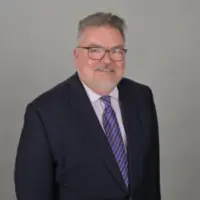
Michael J. Murphy, MD
Executive Medical Director
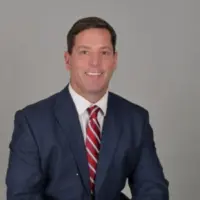
Tripp Smith
Facility Executive Director
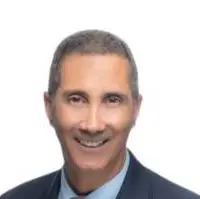
Abbas Sina, MD
Associate Medical Director & ADM Fellowship Program Director

Sazha Alexandra Ramos
VP of Military & Veteran Affairs

Joanna Haughton
Director of Nursing
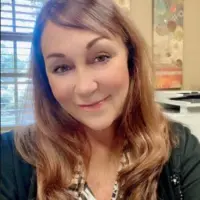
Phyllis Reddy Haley
Director of Operations
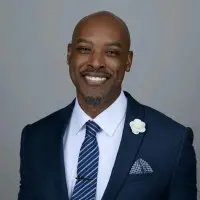
Shannon Jordan
Therapist

Karah Moody
Counselor III & Coordinator
Accreditations

The Joint Commission, formerly known as JCAHO, is a nonprofit organization that accredits rehab organizations and programs. Founded in 1951, the Joint Commision's mission is to improve the quality of patient care and demonstrating the quality of patient care.
Joint Commission Accreditation: Yes

The Commission on Accreditation of Rehabilitation Facilities (CARF) is a non-profit organization that specifically accredits rehab organizations. Founded in 1966, CARF's, mission is to help service providers like rehab facilities maintain high standards of care.
CARF Accreditation: Yes
Contact Information
12012 Boyette Road
Riverview FL, 33569